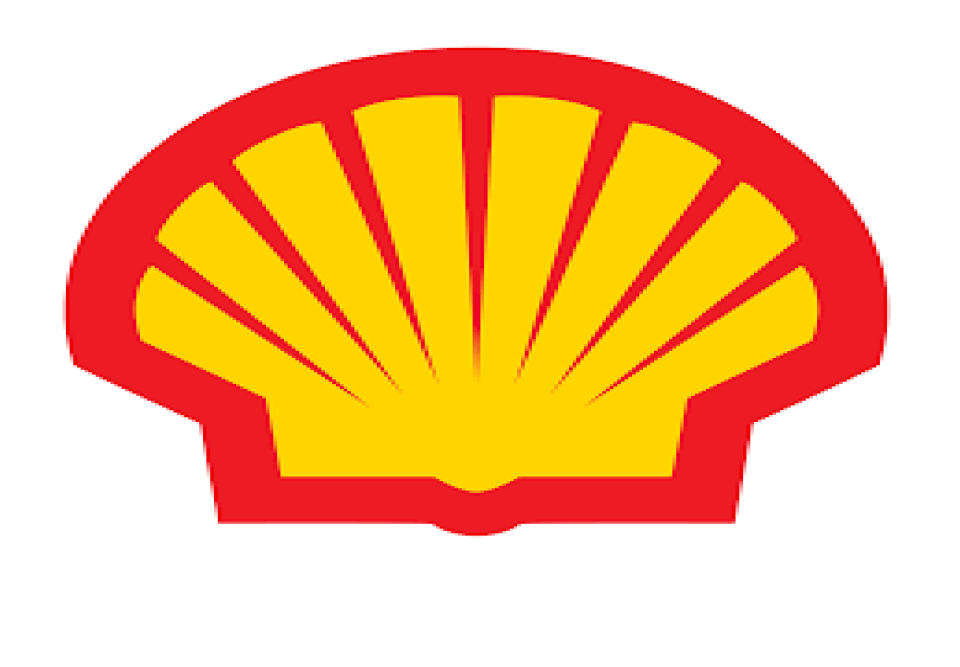- Shell to invest $10-15 billion between 2023 and the end of 2025 in low-carbon energy solutions including charging for electric vehicles, biofuels, renewable power, hydrogen, and carbon capture and storage
The Court of Appeal of The Hague overturned the District Court of The Hague’s 2021 ruling in the case brought against Shell plc by Milieudefensie, other NGOs and a group of private individuals.
“We are pleased with the court’s decision, which we believe is the right one for the global energy transition, the Netherlands and our company,” says Shell plc Chief Executive Officer Wael Sawan.
“Our target to become a net-zero emissions energy business by 2050 remains at the heart of Shell’s strategy and is transforming our business. This includes continuing our work to halve emissions from our operations by 20301. We are making good progress in our strategy to deliver more value with less emissions.”
“The past few years have highlighted the critical importance of secure and affordable energy for economies and people’s lives. At the same time, the world must meet growing demand for energy while tackling the urgent challenge of climate change. There has been significant progress in the transition to low-carbon energy where governments have introduced policies to encourage investment and drive changes in demand.”
As Shell was reported to have said from the onset, no court ruling would reduce the overall customer demand for products such as petrol and diesel for cars, or for gas to heat and power homes and businesses. “It would do little to reduce emissions, as customers would take their business elsewhere. We believe that smart policies from governments, along with investment and action across all sectors, will drive the progress towards net-zero emissions that we all want to see.”
It would be recalled that in 2021, the District Court of The Hague ruled that Shell plc must reduce the worldwide aggregate net carbon emissions it reports across Scopes 1, 2 and 3 by net 45% by the end of 2030, compared with 2019 levels, with a “significant best efforts” obligation for Scopes 2 and 3, and a “results-based” obligation for Scope 1. Of course Shell’s appeal did not have the effect of suspending the District Court’s decision.
Shell it was reported, is investing $10-15 billion between 2023 and the end of 2025 in low-carbon energy solutions including charging for electric vehicles, biofuels, renewable power, hydrogen, and carbon capture and storage, thereby making Shell a significant investor in the energy transition.
It was also reported that in 2023, Shell invested $5.6 billion in low-carbon solutions, which according to the Company was 23% of her capital spending.
And by the end of 2023, Shell said it achieved more than 60% of its target to reduce Scope 1 and 2 emissions from its operations by 50% by 2030, compared with 2016.
By the end of 2023 also, the Company said it recorded its short-term target to reduce the net carbon intensity of the energy products it sells (6.3% reduction against its target of 6-8%) compared with 2016. Adding that its analysis, using data from the International Energy Agency, shows the net carbon intensity of the global energy system fell by around 3% over the same period.
This is as it assures the industry of its determination to keep the flag flying as one of the industry leaders in terms of emissions of methane reduction. It promised to keep methane emissions intensity well below 0.2%, disclosing that since 2016 until the end of 2023, it had cut down its methane emissions by 70%.
Adding that it set a new ambition in 2024 to reduce customer emissions from the use of its oil products (such as gasoline, diesel and kerosene) by 15-20% by 2030, compared with 2021 (Scope 3, Category 11)2.

